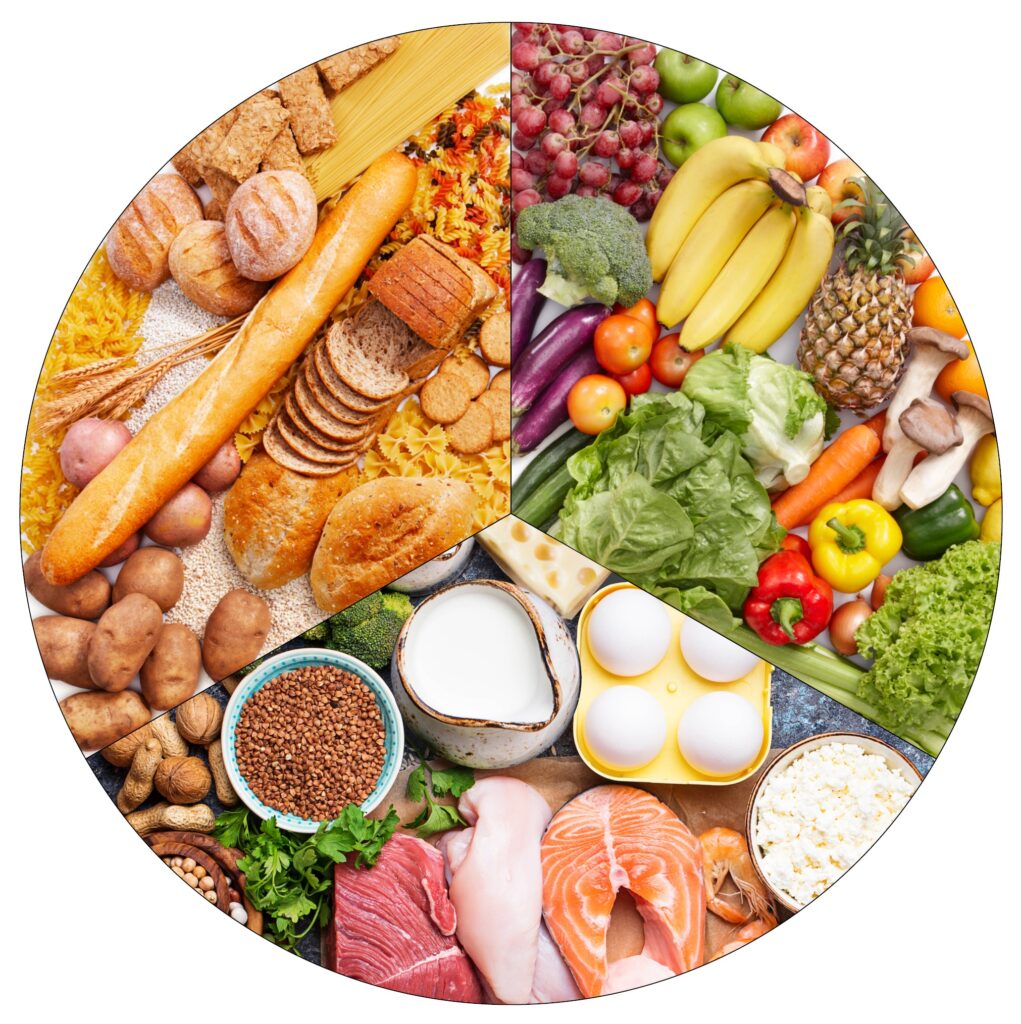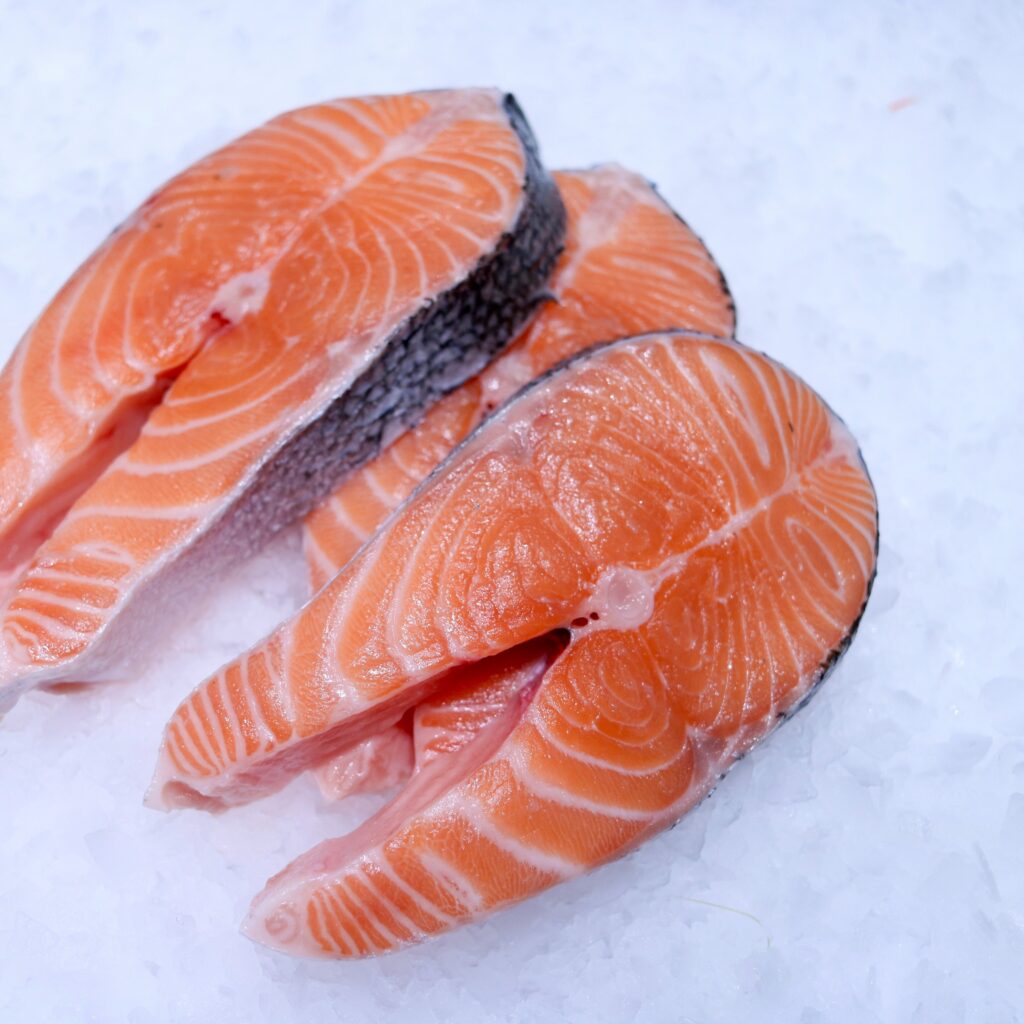Introduction
Swimming is an intense and demanding sport that requires athletes to maintain peak physical condition. To achieve their best performance, swimmers must pay close attention to their nutrition. In this comprehensive guide, Swim Time Log will explore the crucial role of nutrition in swimming, meal planning and timing, preparing nutrient-dense meals, common nutritional pitfalls to avoid, special dietary considerations, the use of supplements, and the importance of recovery.
The Role of Nutrition in a Healthy Swimmer Diet
Nutrition is the cornerstone of any successful swimming career. Swimmers need a well-balanced diet to fuel their workouts, promote muscle growth, and enhance recovery. The right nutrition can also help swimmers maintain their ideal weight, improve endurance, and reduce the risk of injury. It’s not just about what you eat but also when and how you eat it.

The Role of Nutrition in Swimming
Key Components of a Healthy Swimmer Diet
A swimmer’s diet should consist of a balanced mix of macronutrients: carbohydrates, protein, and fats. Carbohydrates provide the primary source of energy for swimmers and should make up the largest portion of their diet. Protein is essential for muscle repair and growth, while fats are necessary for overall health and energy storage.
Swimmers should also focus on nutrient-dense foods that provide essential vitamins and minerals. Incorporating a variety of fruits and vegetables is essential to ensure they get the necessary nutrients for optimal performance.
Read more: The Best Diet for Swimmers: Nutrition Tips and Effective Meal Plans
Hydration: The Foundation of a Healthy Swimmer Diet
Hydration is a fundamental component of a swimmer’s diet. Dehydration can lead to reduced performance and increase the risk of injuries, especially in hot and humid conditions. Swimmers must consume an adequate amount of water throughout the day and during training sessions. It’s important to monitor hydration levels and replace lost fluids promptly.

Hydration The Foundation of a Swimmer’s Diet
Meal Planning and Timing
Proper meal planning is crucial for swimmers to ensure they have the energy needed for intense workouts and competitions. They should aim for multiple, well-balanced meals and snacks throughout the day to maintain a steady source of energy. Timing is equally important. It’s best to eat a balanced meal two to three hours before a workout or competition to provide sustained energy. After exercise, a combination of carbohydrates and protein helps with recovery.
Preparing Nutrient-Dense Meals
Swimmers should prioritize whole, unprocessed foods to get the most nutrients out of their meals. Lean sources of protein, such as chicken, fish, and lean cuts of beef, are essential for muscle repair and growth. Incorporating complex carbohydrates like whole grains, fruits, and vegetables provides a steady release of energy.
Avoiding or limiting processed foods, sugary snacks, and excessive consumption of saturated and trans fats is essential to maintain good health and prevent weight gain.

Salmon Is a Good Supplement For Calcium and Vitamin D
Common Nutritional Pitfalls to Avoid
- In the world of competitive swimming, there are several common nutritional pitfalls that swimmers should be aware of. These include:
- Skipping meals: Missing meals can lead to energy depletion and poor performance.
- Overeating: Consuming excessive calories can lead to weight gain and reduce performance in the water.
- Not paying attention to portion sizes: Understanding portion control is vital to maintaining a healthy weight.
- Relying on fast food and sugary drinks: These can provide empty calories and lack the essential nutrients swimmers need.
- Inadequate protein intake: Protein is essential for muscle repair and recovery, and not getting enough can hinder progress.
- VIII. Special Dietary Considerations for Swimmers
Swimmers with specific dietary needs, such as those with food allergies, intolerances, or dietary preferences, should consult with a registered dietitian. They can help create a customized meal plan that addresses individual needs and ensures optimal nutrition.
Supplements and Their Role in Swimmers’ Diet
While a well-rounded diet can provide most of the essential nutrients swimmers need, there are cases where supplements may be beneficial. Common supplements for swimmers include:
- Vitamin D: Especially important for swimmers who train indoors.
- Omega-3 fatty acids: To support joint health and reduce inflammation.
- Iron: For swimmers who may be at risk of iron deficiency.
- Protein supplements: To help meet protein needs, especially during heavy training periods.
It’s important to consult with a healthcare professional before taking any supplements, as excessive or unnecessary supplementation can have adverse effects.
The Recovery Phase
Recovery is a critical aspect of a swimmer’s routine. After intense training or competitions, the body needs proper nourishment and rest to repair and grow. A well-balanced post-workout meal, containing carbohydrates and protein, can help replenish glycogen stores and promote muscle recovery.
Incorporating rest days into a training schedule and getting adequate sleep are also essential for recovery. Sleep is when the body repairs itself and prepares for the next training session.
Read more: Fueling Performance and Weight Loss with a Swimmer’s Diet Plan
Conclusion
In the world of competitive swimming, proper nutrition is the key to success. Swimmers should focus on a well-balanced diet, with a focus on carbohydrates, lean protein, and healthy fats. Hydration should always be a priority, and meal planning and timing play a significant role in maintaining energy levels.
By avoiding common nutritional pitfalls and considering special dietary needs, swimmers can optimize their performance. Supplements, when used judiciously, can also support their nutritional requirements. And finally, the recovery phase is just as crucial as the training itself for swimmers to maintain peak performance. With the right nutrition and dedication, swimmers can reach their full potential in the water.
Read more: Discover the olympic swimmer’s diet to win gold medals
AUTHOR
Sang Nguyen
Sang Nguyen is a former national swimmer for Vietnam who has transitioned into coaching. With a passion for fostering a healthy swimming community and connecting like-minded individuals,......Read More
BLOG
Maybe You Are Interested
Good Swim Meet Snacks: What to Eat for Optimal Performance
Good nutrition is crucial for swimmers to maintain energy, recover quickly, and perform at their...
Read More...Optimizing Your Performance: The Best Diet for Swimming Training
Optimizing your performance in swimming is not just about rigorous training; it’s equally crucial to...
Read More...Achieve Peak Performance with This Diet Chart for Swimmers
Whether you’re a novice or an expert swimmer, understanding the right diet is crucial for...
Read More...Eating Like a Champion: Exploring the Diet of Michael Phelps
Michael Phelps, renowned for his Olympic triumphs, has a diet as extraordinary as his swimming...
Read More...Muscle Gain for Swimmers: Tailoring Your Diet for Strength
Swimming is a demanding sport that requires a tailored approach to nutrition to support muscle...
Read More...A Comprehensive Diet Plan To Gain Weight For Swimmers
Swimming is a demanding sport that requires meticulous attention to nutritional needs to optimize performance,...
Read More...